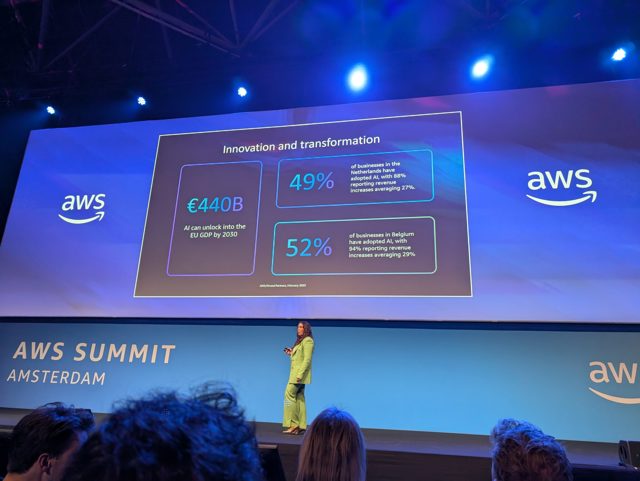April 4, 2025
Between fact and fiction: who decides what is true?
What is true, and who decides? As tech platforms increasingly shape public opinion, VU scholars reflect on power, truth, and the role of democracy.
Who decides what information appears on our screens, and how can we determine if it’s trustworthy? As political power shifts in the United States and major tech companies like Meta and X gain increasing control over information flow, these questions are becoming more urgent. Scholars at Vrije Universiteit Amsterdam call for critical reflection on truth, power, and the conditions necessary for meaningful democratic debate.
With over four billion monthly users, platforms like Facebook and Instagram serve as powerful intermediaries between media outlets and the public. At the same time, they provide fertile ground for disinformation and fake news—concerns highlighted in the Digital News Report 2024 by the Dutch Media Authority.
Social scientist Mariken van der Velden warns of a growing dependency on large American tech firms. “These platforms act as information brokers,” she explains. “Media rely on them to reach audiences, giving companies like Meta significant control over what perspectives are visible and which remain in the shadows. This directly affects public discourse and political opinion.”
Professors Jeroen de Ridder (political epistemology) and Rik Peels (philosophy of religion) echo these concerns. Peels points out that tech companies have occupied a large part of the public space. “Anyone with internet access can broadcast opinions, with or without accountability, regardless of whether it contributes to reasoned exchange.” De Ridder adds that this undermines the shared space essential for democratic discussion.
Van der Velden calls for stronger government intervention to avoid widespread social harm. Drawing a comparison with the 2007 financial crisis, she notes: “Back then, banks considered themselves untouchable. Today, it’s Big Tech. Governments stood by until the system collapsed—at the public’s expense. We risk repeating that pattern.”
At the same time, society itself holds responsibility. Peels and De Ridder argue that forming opinions should not be left entirely to individuals. To help foster informed and constructive debate, they’ve developed a set of “rules of thought.” These include self-reflection, understanding how personal identity influences thinking, recognising the value of expertise, and remaining critically aware of its limits. “A healthy democracy,” De Ridder concludes, “is not just about expressing opinions, but about shaping them through shared reasoning and reliable information.”
Soon, Peels, De Ridder, and Van der Velden will join VU podcast host and dialogue coordinator Sem Barendse for an in-depth conversation about extreme opinions and power structures. Keep an eye on VU.nl or the VU Spotify account for updates.
Starting in April 2025, the Faculties of Humanities, Social Sciences, and Religion and Theology will merge into the new Faculty of Social Sciences and Humanities at Vrije Universiteit Amsterdam. This restructuring reflects the university’s commitment to fostering interdisciplinary connections and strengthening the societal role of the humanities and social sciences in an age of rapid technological and societal change.
Read more about the project on the website of VU.
Vergelijkbaar >
Similar news items

April 16, 2025
AWS: Dutch businesses are adopting AI faster than the European average
read more >

April 16, 2025
Submit your nomination for the Dutch Applied AI Award 2025
read more >

April 16, 2025
UK government tests AI to predict murders
read more >